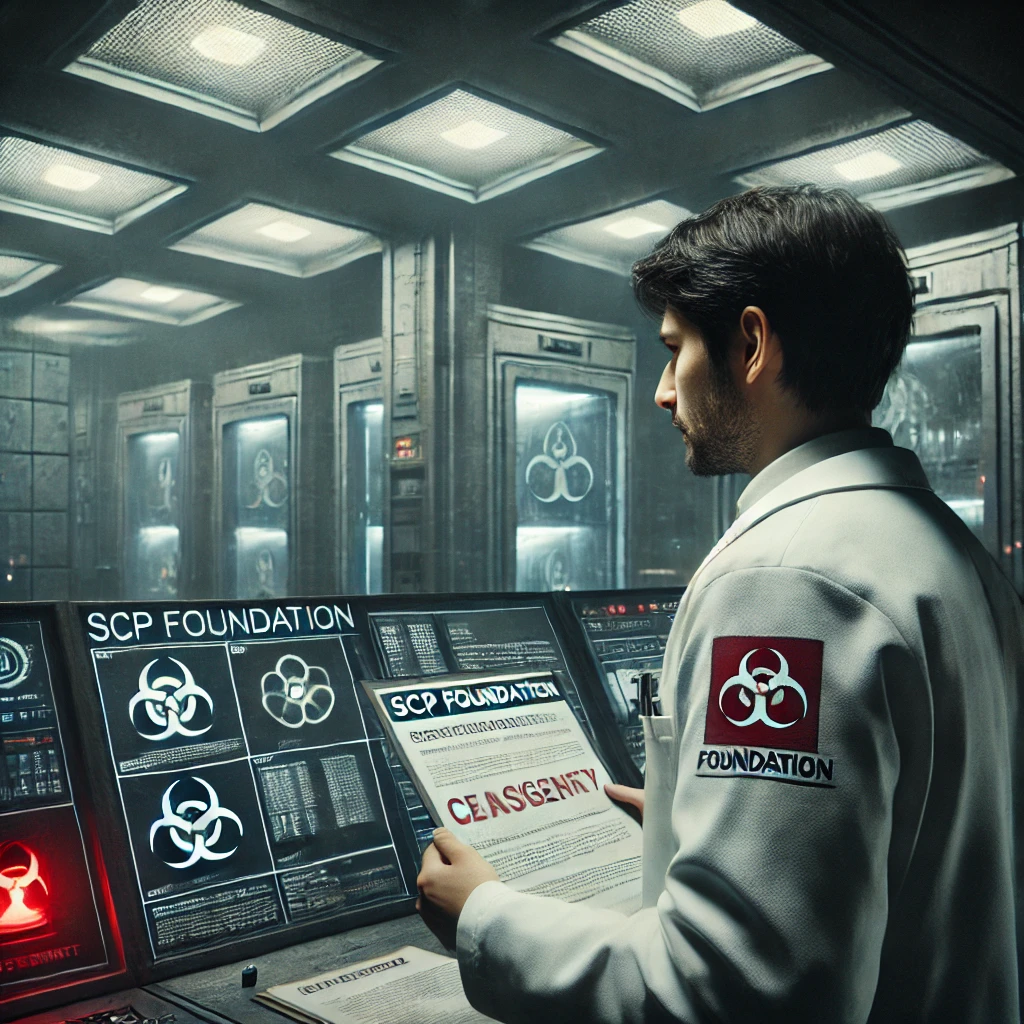· Ken Luzu · Book · 4 min read
A Universe Written by Many
You Won’t Remember This Title (Or Will You?). Find out what's' behind a good community... and monsters that eat your memories ¿?

One thing that’s fascinating about reading is discovering that there is more behind what you’ve already read. A lot of information that you took for granted and thought you knew, the iceberg effect. You go from not knowing what you don’t know, to knowing what you don’t know.
That is what happened to me with the first book I read in 2025, “There are no Antimemetics Division” written by Sam Hughes, a British developer also know on internet as qntm.
Researchers vs Mind-eating monsters
The book is engaging and easy to follow, you understand what the conflict is and the characters’ role in the story at once. To make a long story short, the book narrates the situation of a group of researchers who face to strange creatures beyond human understanding called “SCP-xxx”, where “x” represents their number classification. Some of those creatures can destroy you if you just know about them—it’s like the more you know about your enemy, the harder it is to face them. The book’s premise is how do you win a war without knowing that you are in a one. So crazy!Some of the SCPs that appear in the book are:
SCP-055 – “The Anti-Meme” A mysterious entity that people are unable to remember or describe after encountering it.
SCP-3125 - “The Ultimate Anti-Meme” A hostile memetic being that seeks to erase from existence anyone capable of thinking about it.
SCP-4739 - “Alastair Grey” It consumes the victim’s memories and knowledge, leading to a vegetative state or death within 15 minutes to 2 hours. It’s like a Alzheimer’s disease in fast-forward
But the book’s chapters weren’t the main takeaway for me. The book was really fantastic, an authentic 5/5, and I highly recommend if you like sci-fi, but the iceberg effect happened when I noticed that there was an universe behind the book I read. Qntm is just one of many authors who contribute to the SCP Foundation universe with amazing paranormal content and stories. I realized the importance of people coming together to build big things, the power of community. Just to mention, there are more than 8000 SCP’s published on the official forum of the Foundation.
Power of community
Reading There is No Antimemetics Division didn’t just introduce me to an amazing sci-fi concept—it made me realize something bigger: the power of collective storytelling.
It turns out that there is a fictional universe named “SCP Foundation”, and a platform with the same name where people from all over the world contribute content and new lore.
It is practically a community of writers joined for the same reason: to expand a literary universe. Like all good and thriving communities, it has rules and several parameters to follow in order to contribute with content. This is more than just people creating fanfics with characters and parallel stories based on a existing work. There is no canon!—all the contributions are taken into account in the same way, obviously there will be stories more popular than others, but variety is the charm.
I was surprised when I read the instructions on how to write a good SCP, they give you a template and guidelines to make a good SCP. They understand creative freedom and just recommend that before contribute, you should read a lot. Reading is the key to learning how to write very well and adapt the writing style with theirs.
In addition, they have a feedback process to evaluate new stories where experienced writers spend time reading what you write and giving you tips on grammar, better words choices, avoiding non-cliché story, etc. One tip I liked was to avoid the typical humanoid or shonen-protagonist Gary Stu/Mary Sue type character. It is better if the SCP is more “abstract” like fighting against an “idea” or a “room”.
Ideas can be killed, how? with better ideas
— Marion Wheeler. “There are no antimemetics division” by qntm
Takeaways
As an open source fan, it’s exciting to see that this spirit of collaboration extends beyond tech, like in collaborative literature. This experience reminded me that great things aren’t built alone. Whether it’s literature, technology, or even personal growth, progress happens when people collaborate, share ideas and work together.
